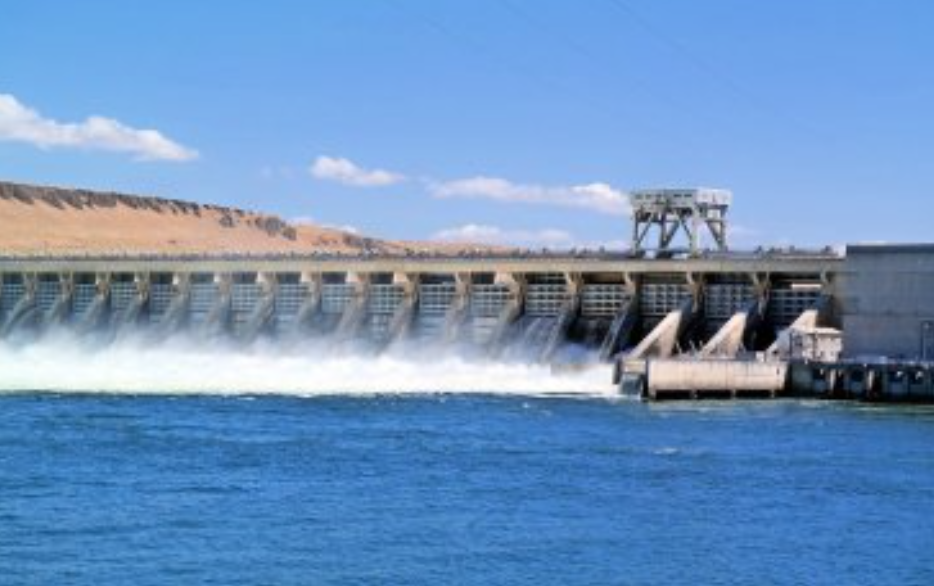Supreme Court Directs CPCB To Undertake Scientific Studies On Pollution From Stone Crushing Units

The tribunal orders and directs the prospective units to obtain Environmental Clearance from State Level Environment Impact Assessment Authority (SEIAA) West Bengal, for their operation in the state
The Central Pollution Control Board (CPCB) has been ordered by the Supreme Court to carry out research and collect information regarding the pollution that originates from stone-crushing facilities. A 1 May , 2023, directive from the National Green Tribunal, Eastern Zone, requiring prior environmental clearance for potential factories in West Bengal, has also been provisionally postponed by Justices Sanjiv Khanna and Dipankar Datta.
The Environment Impact Assessment (EIA) Notification 2006’s Schedule should these units fall under, according to the bench’s opinion and the CPCB has been tasked with producing a report on the pollution these units create. This notification outlines which projects and activities require prior environmental clearance. The court has set a deadline of eight weeks from 3 January for the CPCB to present its findings.
The bench acknowledged the need of obtaining environmental clearance for stone crushing operations and made it plain that, in spite of the current order, the CPCB would give the relevant directives in situations where obtaining such permission is required by law.
The CPCB’s July 2023 environmental recommendations for stone crushing plants, which aim to reduce emissions and pollution generated by crushers, were brought to the attention of the Supreme Court. The CPCB has been asked by the court to produce the scientific evidence supporting these guidelines and to make it clear whether they have come to the conclusion that environmental approval is not required.
This instruction is in response to an appeal against the National Green Tribunal(NGT), Eastern Zone’s 1 May, 2023, order that was filed by the Ministry of Environment, Forests and Climate Change. Biplab Kumar Chowdhury, who claimed illegal stone-crushing operations along the Raidhak-II River in West Bengal’s Alipurduar district, filed a plea with the NGT, which resulted in the order being granted.
According to Chowdhury, these stone-crushing operations were taking out big stones without the required licences and reselling them for a profit. Even though each unit had permission to set up shop and had applied for a renewal of permission to operate, during inspections none of the units could show an environmental clearance.
The NGT had previously directed that stone crushers could only operate with consent from the state pollution control board, a no-objection certificate from relevant authorities and environmental clearance from the competent authority. The court ordered prospective stone-crushing units to obtain environmental clearance from the SEIAA, West Bengal, for their operations in the state.

































































































































































































































































































































































































































































































































































































































































































































































































































































































































































































































































